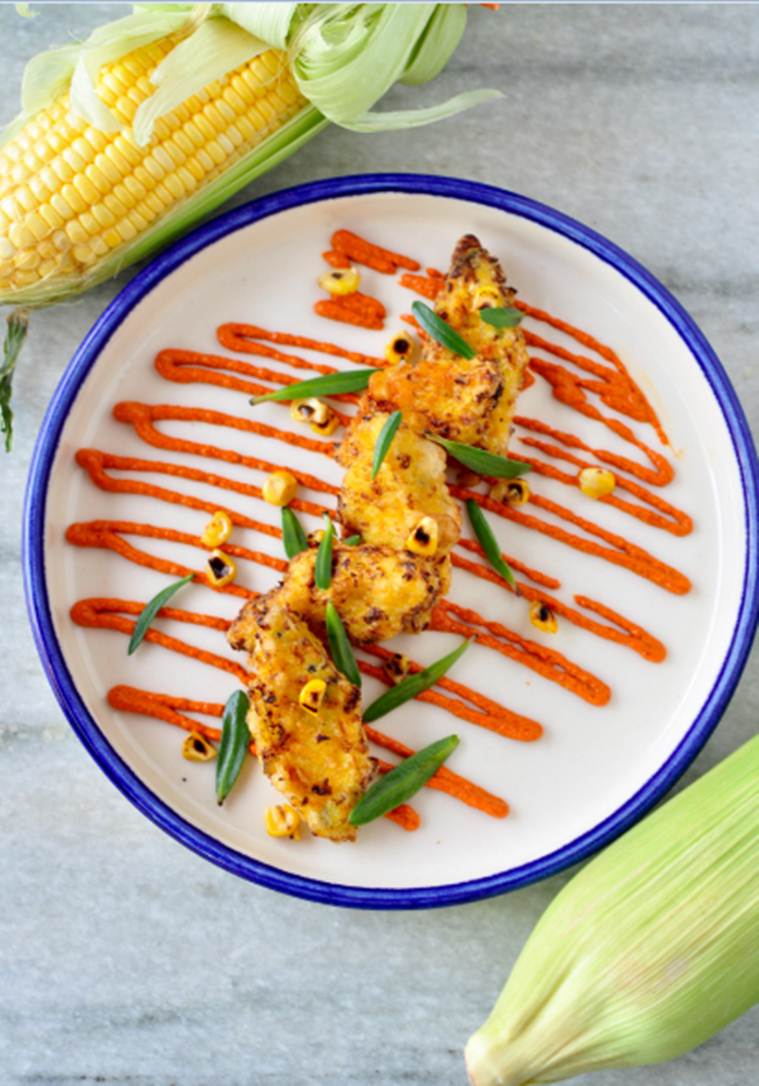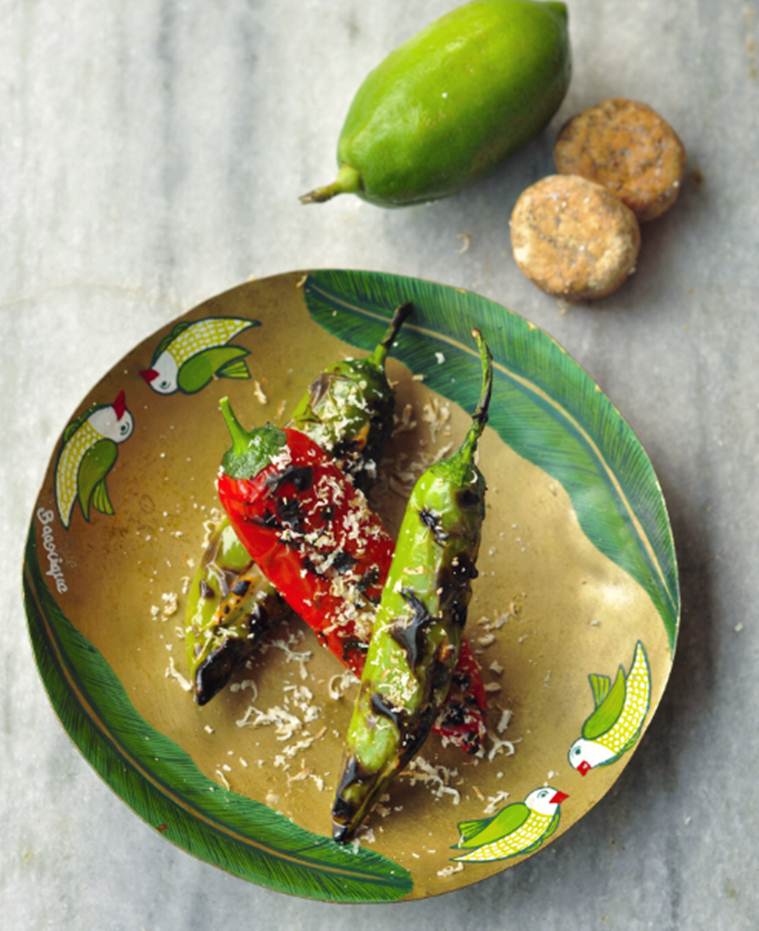One day, towards the end of 2013, Chef Thomas Zacharias, who was then heading the kitchen of Olive Bar & Kitchen in Mumbai, found himself face to face with a masterchef at Osteria Francescana, the three-Michelin-starred restaurant in Modena, Italy. Zacharias, 33, doesn’t remember the €300 meal itself, which he was lucky to eat, since the restaurant is usually booked months in advance. What he does remember is the career-defining conversation with Massimo Bottura, 56, the chef patron of the restaurant.
“While talking to him, I found out that chef Bottura was inspired by his grandmother and wanted to promote the food of his region, Emilia-Romagna,” recalls Zacharias. He had long wanted to run his own restaurant, although he didn’t have a clear idea of what he wanted it to be. “As I listened to Bottura, I felt a connection. Like him, I was also inspired by my grandmother’s food and wanted to do my bit for the cuisine from my home state,” he says. It was there that he got the idea of starting a modern Kerala restaurant.
Five years on, Zacharias is well on his way to realising his culinary-homecoming dream. Last year, he was adjudged chef of the year at Condé Nast Traveller and Himalayan Sparkling Top Restaurant Awards. The Bombay Canteen, where he is a partner and executive chef, was adjudged India’s best restaurant.

The roots of Zacharias’s culinary quest can be traced back to Kochi, where he grew up spending time in his grandmother Ammini Thomas’s kitchen. Her ability to “transform simple ingredients into sheer happiness” appealed to Zacharias, and, at The Bombay Canteen, he pays homage to this memory.
As a boy, he cooked for his family and enrolled in summer cooking classes. After completing a four-year hotel management course in Manipal in 2007, Zacharias did a course at the Culinary Institute of America (CIA) in New York, the alma mater of the late Anthony Bourdain and Grant Achatz. Upon graduation in 2009, he got a job as line cook under chef Eric Ripert at the three-Michelin-starred restaurant Le Bernardin in New York City, where he absorbed Ripert’s management style. “It was a positive, nurturing environment, but the standards were very high. Unlike most three-Michelin-starred restaurants which only serve about 60 to 80 people a day, we served about 200,” he says.

A year later, in 2010, Zacharias returned to India. After struggling to find the right job, he met Manu Chandra in 2011, then executive chef of Olive Bar and Kitchen and a CIA alumnus. Chandra offered Zacharias a job as sous chef at Olive Beach in Bengaluru. After six months, Zacharias was sent to Mumbai to head the Olive kitchen there. Besides his refined palate, what convinced chef Chandra of Zacharias’s managerial bonafides was his attention to detail. “He has a cerebral approach towards flavour development,” says Chandra.
After three years on the job, Zacharias took a sabbatical to travel through Italy, Spain and France. The four-month trip altered the course of his career. It was this trip that took him to Osteria Francescana. “The ideas that I imbibed in Italy kept gnawing at me. And three months after I joined back, I quit,” he says. In 2014, restaurateurs Sameer Seth and Yash Bhanage, and chef Floyd Cardoz, the founding partners of The Bombay Canteen, were looking for someone to run the kitchen of the restaurant that aimed to serve modern Indian cuisine. “I thought this was the perfect opportunity for me to segue into cooking Indian food professionally,” he says.

Zacharias decided to cook a modern Indian meal to persuade the three partners to give him a shot and went hunting for ingredients. This was when he had the second great epiphany of his career. Like most Indian chefs, Zacharias had focused so far on cooking with “exotic” ingredients such as asparagus, broccoli and zucchini. “But what was the sense in being a chef in India if I didn’t cook with what was available locally?” he says. The 12-course meal he made included water chestnut and corn chaat, lamb brain fry in Chettinad masala and bottlegourd kofta in a gravy of assorted wild greens. It put Zacharias on board.
The Bombay Canteen, which opened in February 2015, is ingredient-driven and encourages sustainable eating. “As a chef, I have a voice now. I want to focus a lot more on sustainability,” he says. Over the years, Zacharias has introduced on his restaurant’s menu several ingredients that highlight India’s food diversity. Many, such as black rice or Bandel cheese, are exotic or rare ingredients, but harder to sell as gourmet meals are commonplace ingredients like ivy gourd (tendli) or sorghum (jowar). “Patrons cringe at the mention of tendli (ivy gourd) and wonder why they must eat lauki (bottle gourd),” says Zacharias. He has found ways to be creative with ingredients — like pickling ivy gourd instead of gherkins to serve with kheema pav juicy Lucy, or using thepla, a spiced Gujarati flatbread, as the base for taco fillings like Goan pulled pork vindaloo.
“When we opened, we wanted to show people that all these ingredients could be fun and delicious. Ultimately, that’s what’s important — that food, no matter what you cook, be delicious,” he says.







